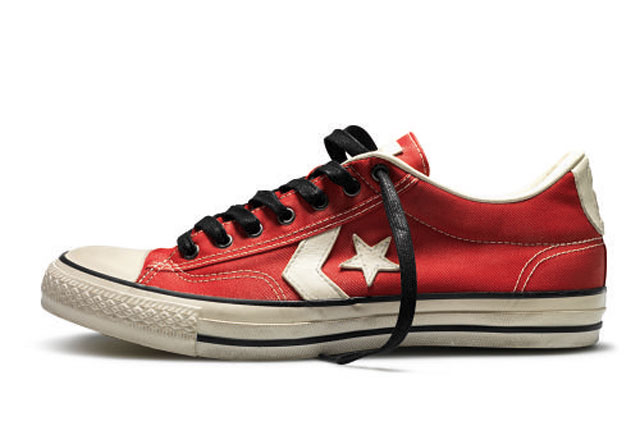
Online retailers including Wiggle.co.uk, Surfdome, Boohoo, eSpares and My-wardrobe are gearing up for international expansion.
The UK companies set out plans to take their brands global recently, at a roundtable discussion hosted by digital agency Tamar. Here, marketing chiefs from the UK's leading pureplay digital retailers shared tactics for expanding abroad and advice on targeting a new base of customers.
Joining the European market
Matt Hanton, marketing director of spare-parts supplier eSpares, said: "We have a product that we can sell in European markets. We are now at a stage that we're looking to tailor our offering to individual European markets."
He added: "On the distribution side, we can distribute everything from the UK until foreign markets grow big enough to set one up there. We certainly think there's potential in the main European market to gain scale fairly quickly."
Outdoors retailer, Surfdome, is currently hiring staff to help launch its first overseas venture. Its head of ecommerce, Jon Lane, said: "We're working on our French site. Our key strategy is making sure we have the same SEO-friendly category names and brand names in the right order. We know if we roll the site out there without good-quality scores it won't work. It's a huge process."
Chris Bale, chief operating officer at fashion retailer Boohoo, argued that getting the tone right for the target audience is crucial.
"We're launching in four countries at the moment. One of the biggest issues for us is getting the tone right. We're treating our copywriters as affiliates, so they are paid based on sales on the products they describe," he said. "In Australia, although it's the same language, people talk about brands and garments in a very different way. The relevancy of the product to the country's audience and the age group you're targeting is key."
Barrie Bowles, head of digital acquisition at My-wardrobe.com, pointed out that finding the right affiliates as well as generating PR in individual markets can give a headstart when expanding overseas.
"We're building sites for Europe. For us, it's about finding the right media to trailblaze. There's huge global demand for the British brands we sell. They want that British heritage. Affiliates work well for us as do the right PPC ads. PR is hugely important. It's about getting the right mix in each country."
With low growth forecast in the UK for the next few years and high-street retailers scaling back expansion in the face of economic turbulence, digital retailers are investing unparalleled amounts in growing abroad. With proven case studies available on how to succeed overseas, the chances of thriving are better than ever.
Smart think!ng - Moving abroad
- Site-structure and language options are vital when expanding overseas
- Achieving the right tone of voice right is important to gain a new fan base
- Identify what works in local markets and invest in the appropriate media channel, be it affiliates, search or PR
SECOND OPINION - MARTIN TALBOT, WIGGLE
Wiggle operates on a 50/50 basis between the UK and international at the moment. Our biggest markets are Australia, Japan and parts of Europe.
We translate the site into Japanese, Spanish, French, German, Italian and Portuguese and we're about to do Chinese and Russian. The initial stage is getting the basic structure of the site right. The second is getting payment methods right. To facilitate a bank transfer in Europe, you have to pay a charge if money transfers between countries, so you need a bank account in each country.
In Japan, meanwhile, we have found the most successful affiliates are blog sites. They drive a lot of traffic. One of the challenges of changing to a non-Latin language is the attendant changes to the infrastructure of the site.
Now we're creating banners and communicating with people in their first language, which means more affiliates have become available for us to partner.
People always search in their own language. We did some testing in Scandinavia with translating keywords and it has worked well for us. We recruit translators in each country so the language isn't 'Westernised'. This means people start communicating with you in their native language, so you need a customer-service offering. Getting that balance right is vital.



.jpg)
.jpeg)
